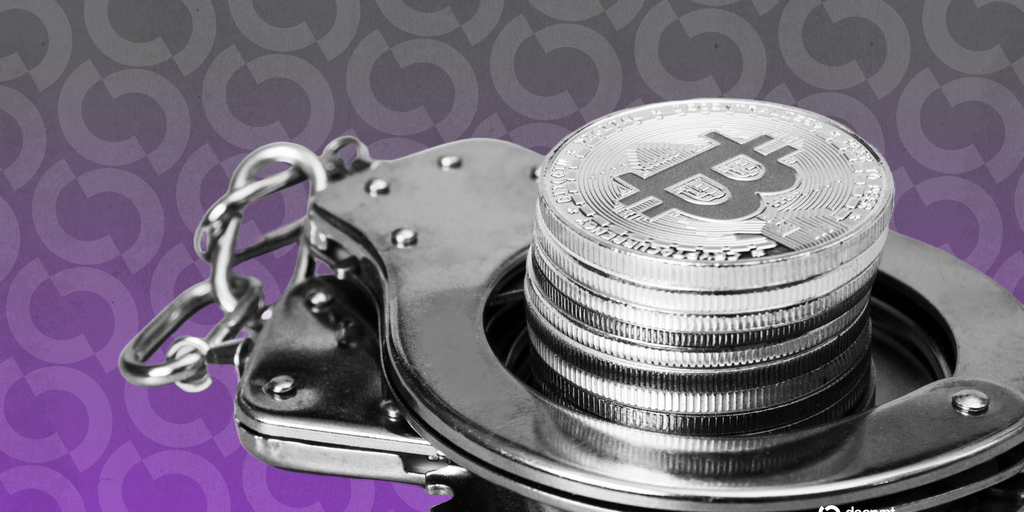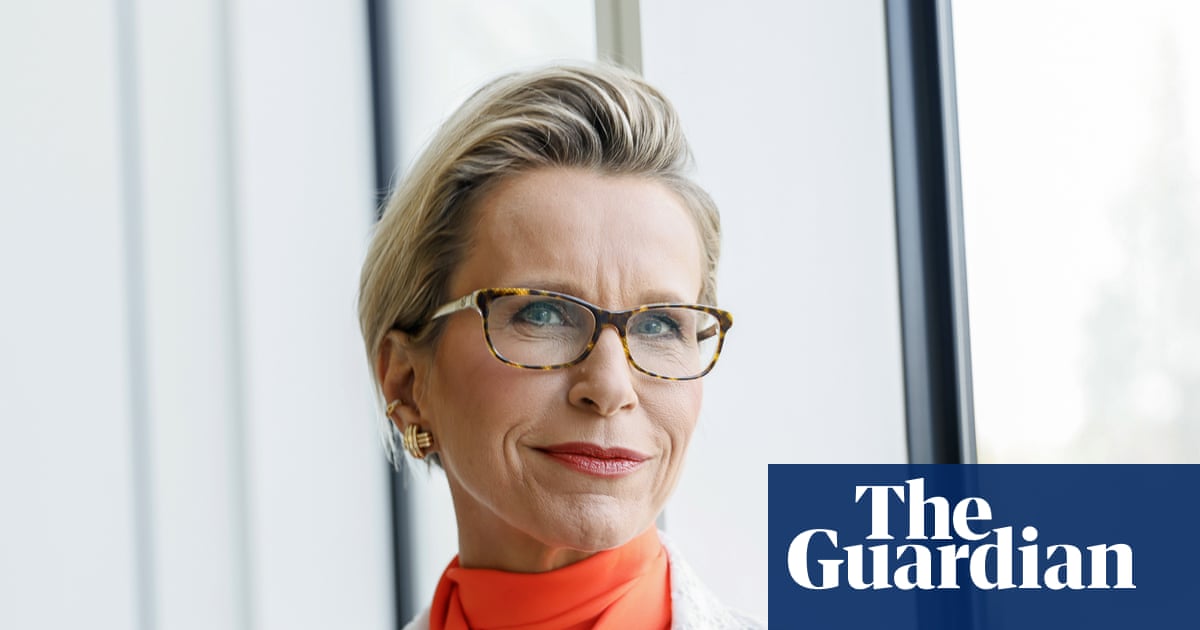Stunning $175 Million Fraud: Fintech Star's Fall from Grace Revealed!
When you hear about a startup selling for $175 million, you expect innovation. But what if I told you that this startup was built on a mountain of lies? That’s precisely the shocking case of Charlie Javice, a fintech entrepreneur whose devious scheme led her to deceive JPMorgan Chase into acquiring her student financial aid platform, Frank.
On a fateful day in Manhattan, Javice faced the music as she was sentenced to seven years in prison and ordered to pay a staggering $287.5 million in restitution. Her fraud, described by the judge as 'audacious' and 'multi-faceted,' involved concocting a fictitious database of 4 million users—all to seal a deal with one of the largest banks in the world.
US District Court Judge Alvin K. Hellerstein didn’t pull any punches during the sentencing, critiquing the very bank that fell for her scheme. 'Stupidity,' he called it, as he dismissed the defense’s arguments that JPMorgan should have seen through the ruse. 'Fraud remains a fraud,' Hellerstein emphasized, making it clear that the culpability rested squarely on Javice's shoulders.
The saga began back in 2021 when JPMorgan, driven by the fear of losing out to competitors, rushed through a deal without adequately vetting Frank. A staggering 300 diligence officers gave the green light, unaware that Javice had fabricated nearly every detail about her user base. Rather than a treasure trove of eager, college-ready Gen Z prospects, the bank had bought a mirage, complete with invented phone numbers, addresses, and social security details—a digital ghost town.
As the courtroom drama unfolded, the defense attempted to portray Javice as more than just a fraudster—a young entrepreneur against a giant. They argued that while she may have lied, there was some value to Frank that deserved consideration. But Judge Hellerstein wasn’t having any of it. He stated that regardless of the victim's size, fraud is still a crime.
In the end, Javice’s seven-year sentence strikes a balance between the prosecution's request for more than a decade behind bars and the defense's plea for a lighter sentence. Hellerstein granted her the possibility of remaining free during appeal, recognizing her struggles with infertility and the support she received from many who believed in her potential. 'If there is a chance for it to succeed,' the judge remarked, 'I want to give it to her.'
This case is a stark reminder of the risks inherent in the fast-paced world of fintech and the critical importance of due diligence. It poses a significant question: how many more stories are lurking beneath the surface in the business world, waiting to spring a surprise?
Stay tuned for more updates as this extraordinary tale unfolds.






























